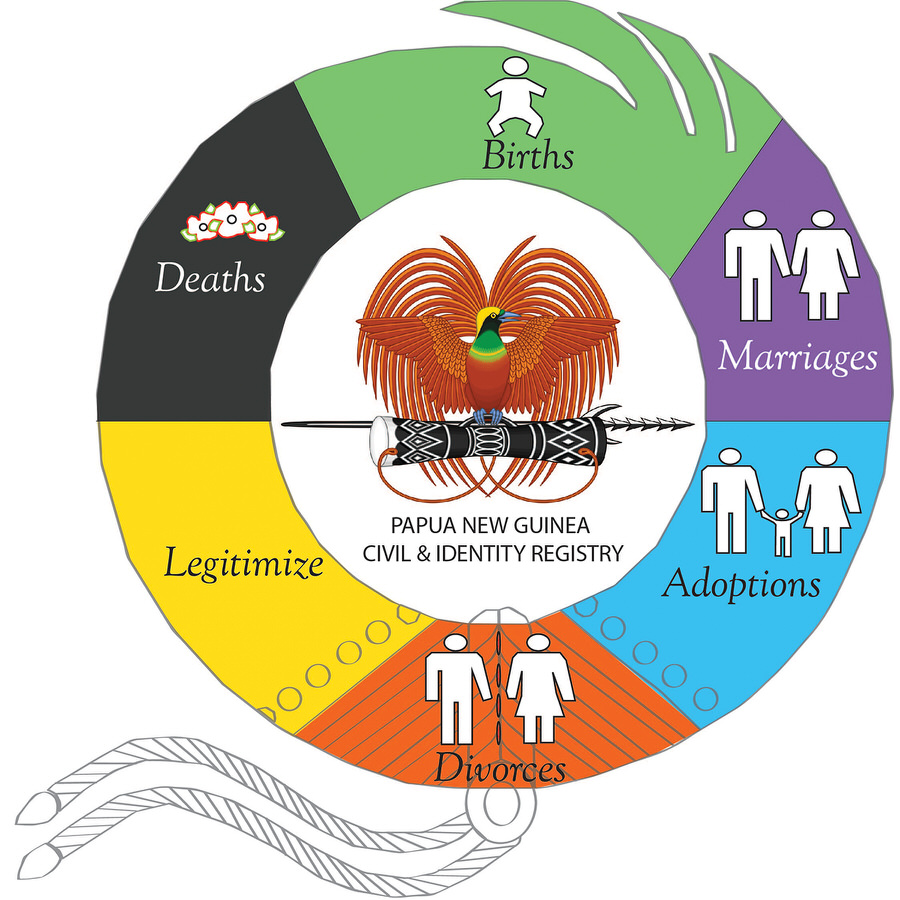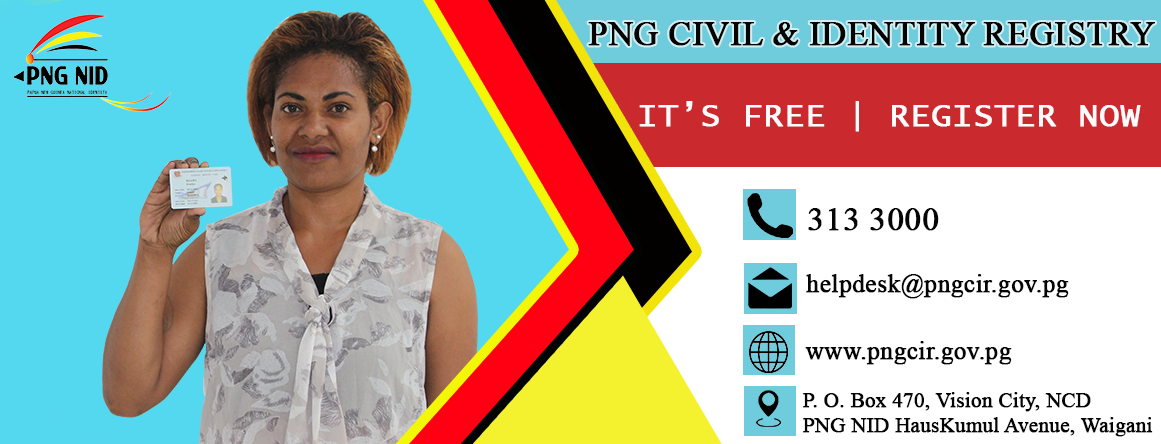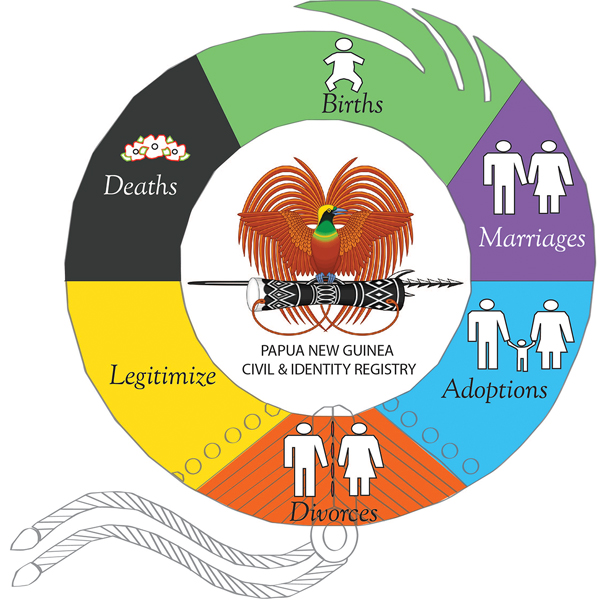What is Marriage?
- WHAT IS MARRIAGE?
- Marriage means a marriage solemnised under the Marriage Act 1963
- WHAT IS MARRIAGE REGISTRATION?
- It is an official recording of a marriage event that has taken place between a man and a woman to recognize them as husband and wife.
- WHY IS IT IMPORTANT TO REGISTER A MARRIAGE?
To have official/legal recognition of the marriage that protects and secures couples and their family benefits and obligations.
- Legal purposes
- Legal proof of document (marriage Certificate)
- Travelling purposes
- Inheritance
- Entitlements
- Social security
- Protection
- Nationality
- Planning & Budgeting purposes of the Government
- Recognition of rights prescribed by law
- Rewards of being a family (Husband / Wife)
- WHAT ARE THE DIFFERENT TYPES OF MARRIAGES?
- CUSTOMARY: Both parties of bride and bridegroom agree and exchange goods and money.
- CIVIL/STATE: The marriage is conducted by a registered celebrant or a Provincial Administrator under the Marriage Act.
- OTHERS:
- Bigamous – When a person remarries without dissolving his/her previous marriage. (criminal offence)
- Polyandry – One woman with many husbands.
- Polygamy – One man with many wives.
- De factor – Just living together
- Gay /Lesbian – Male to male or female to female relationship (not recognize by Laws of PNG)
- WHAT IS THE MARRIAGE AGE?
- Male – 18 years
- Female – 16 years
Refer to Marriage Act Part III for more information.
- WHAT ARE THE REQUIREMENTS TO REGISTER A CIVIL MARRIAGE?
- Birth Certificate
- Death Certificate if widow or widower
- Divorced:
- Dissolution order from the National Court if previous marriage was registered.
- District or village court order if customary marriage.
- Decree Nisei (court order) if foreigner.
- Consent if minor.
- Foreigner:
- Letter of single status from High Commission, Embassy or CRO from their country of origin.
- Birth Certificate
- Copy of Passport/visa/work permit * Has to be residing in the country more than two years.
- Confirmation letter from employer
- Disciplinary Forces
If one of the couple is a member of the disciplinary forces (defence, Police or CIS), he or she needs to get a referral letter from the chaplain or immediate sectional head/commander to show that:
- The chaplain is not available to perform the marriage.
- The groom/bride is legally free.
- WHAT ARE THE PROCEDURES & PROCESSES IN REGISTERING OR SOLEMNIZING A CIVIL MARRIAGE?
- Complete the Notice (form) of intended marriage.
- Search done.
- Fees paid or show receipt.
- Attach all necessary documents or all the requirements have to be met depending on the situation.
- Couple attend counselling/interview by the celebrant, if approved the couple are given 7 days’ notice to come back for the marriage to be officiated together with one witness each for the bride and groom.
- When the marriage is solemnized by the celebrant, a marriage ceremony certificate is issued with the signature of the witnesses’ bride/groom and the celebrant.
- Marriage is registered.
- Notice of intended marriage with attached documents is filed away.
- WHAT ARE THE USES & BENEFITS OF A MARRIAGE CERTIFICATE?
- Identity /Nationality
- Ownership Rights
- Legal Purposes
- Legal Proof of document (Marriage Certificate)
- Travelling Purposes
- Inheritance
- Entitlements
- Social Security
- Protection
- Housing Application
- Opening a joint bank account
- Recognition of rights prescribed by law
- WHAT IS DISSOLUTION OF A MARRIAGE?
- Ending or cancelling a marriage through legal processes.
- WHAT ARE THE PROCEDURES & PROCESSES OF DISSOLUTION OF A MARRIAGE?
- Customary Marriage: The decision handed down either by the Village or District Courts/
- Civil/State Marriage: The decision handed down by the National Court.
The dissolution orders that are sent to effect cancellation of marriage:
- Memorandum of Decree Nisi – This decision is handed down for the marriage dissolution and the court gives a grace period of three (3) months for the couples to decide whether to come back or not.
- Minimum is five (5) years for the dissolution of marriage upon the conviction document.
- Certificate of Decree Nisi having become Absolute – This is the document that enables the registration officer (Civil Registry) to deregister the marriage.
- If the same couple who divorced and want to remarry they have to go through the same processes at Civil Registry.
- WHY PEOPLE FILE FOR A DIVORCE?
- Violence
- Discrimination
- Adultery
- Polygamy/Polyandry situations
- Mentally/Physically unfit for normal living (Need more than one medical report from various physicians)
- Influence from friends and family members


